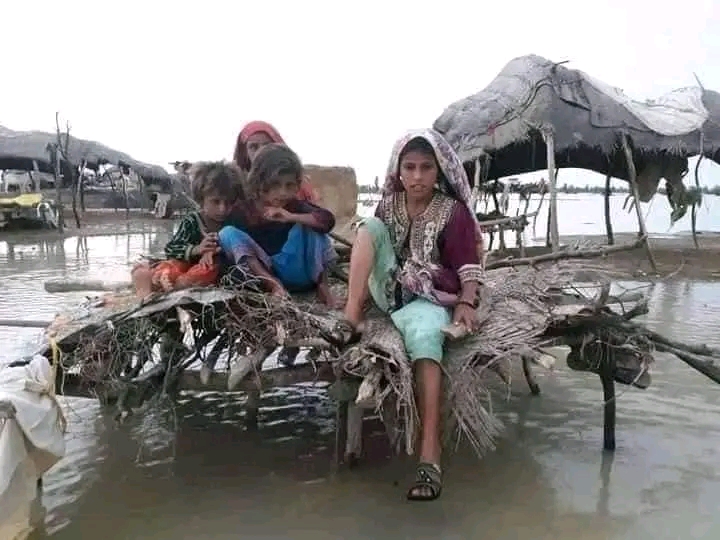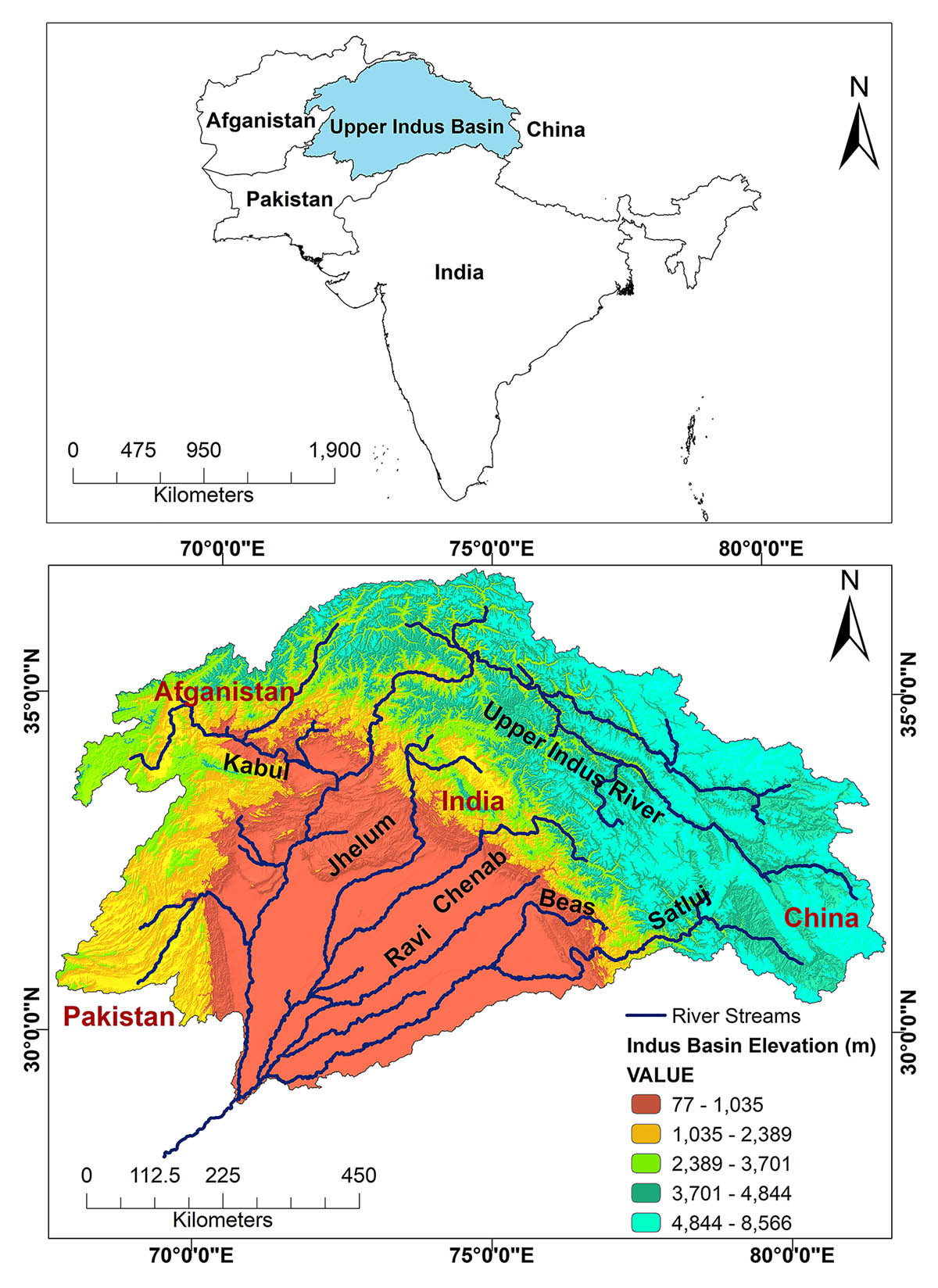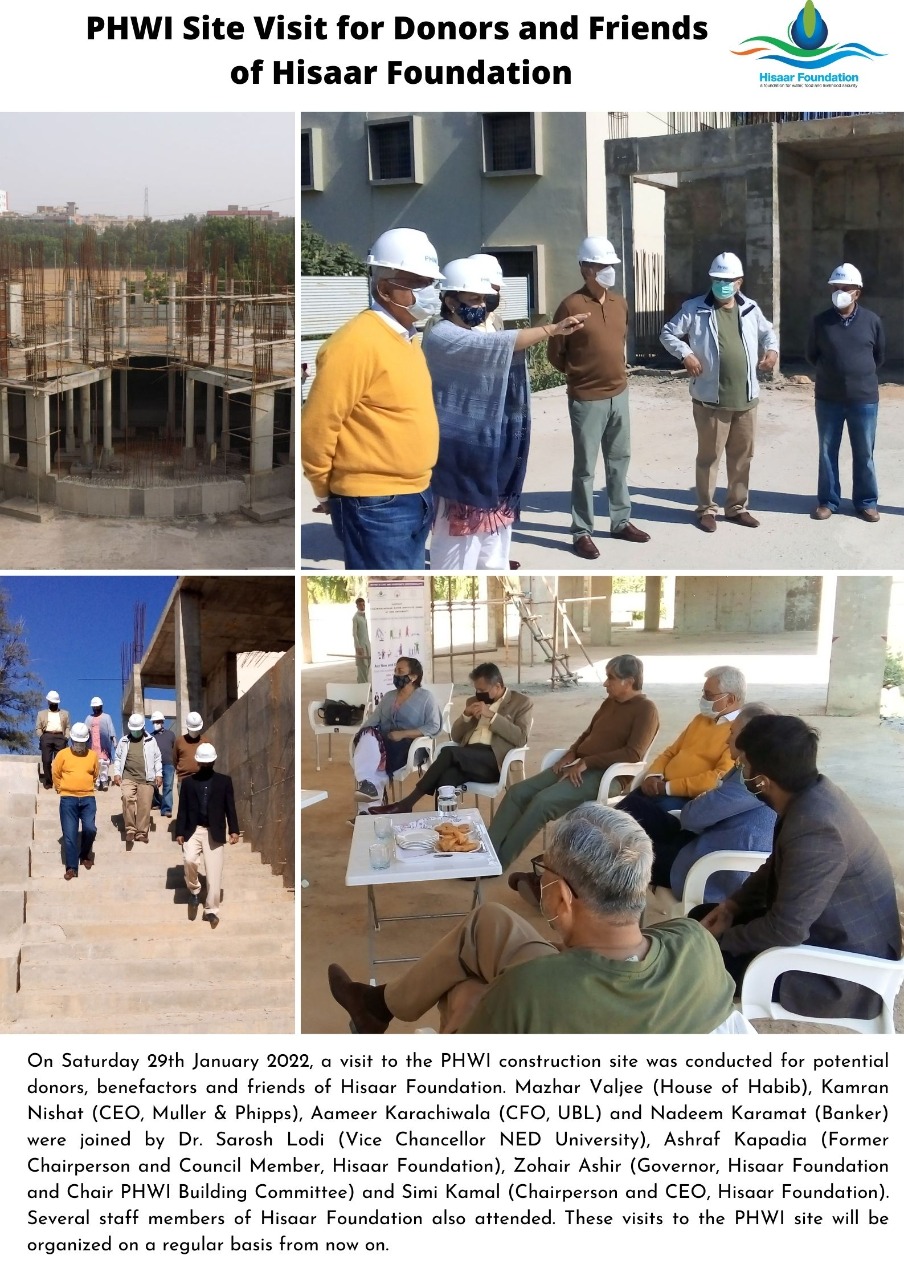The theme of this year’s conference, “Securing Sustainable Water for All: inclusion, integration and innovation” reflects the re-centering of equity, access and climate adaptation.
We maintain that pro-poor development in Pakistan will have to start with water development and strengthening the water economy. Working towards the objective of equitable and sustainable water development we have to devise mechanisms to rationalize and depolarize the national, inter-provincial and local level debates on water resources. The debates must recognize the interests and voices of all, especially the weakest segments of the society and not just the most numerous or the loudest. Platform(s) for water conflict resolution across geographical scales is the need of the hour. Such platform(s) will of necessity have to prevail upon the haves to relinquish their predatory appropriation of water resources and blatant violation of relevant laws.
The people centered focus of this conference to the relative neglect of ecology is not a reflection of our strategic change of direction but rather a reflection of phased prioritization of the needs of the people. We furthermore, hold that the poorest and the most vulnerable have the greatest dependence on water based ecosystem services. Addressing the needs of the poorest and the most vulnerable will have to be through protection and preservation of the ecological integrity of water sources.
We have to narrow the gap between research and policy. We have witnessed innovative water conservation and purification technological research reported in this conference. Through Hisaar’s Universities for Water Network, as well as deeper partnerships with business, the induction of those technologies in water management in the country can and should be speeded up. On the social side however, there is a dire need for higher quality research in Pakistani universities. The Universities network, as well as the potential Hisaar Institute of Inter-disciplinary Studies on Water should be made a prime conduit for generating resources to fund and conduct innovative scientific, engineering and especially social scientific research on water.
Gender and youth were identified as special areas of focus in this conference. We remain surprised at the exclusion of women in nearly all spheres of water policy, from grassroots to transboundary; and we reaffirm the need to recognize the important role and special responsibilities that women bear with regard to water. We further resolve that women’s strengths should be leveraged to meet water needs of all levels.
The youth is disappointingly focused on safe career paths. We believe all ages, especially the youth, need to be educated and made aware, that their deep and profound connection to water transcends educational qualifications. We recognize there is an urgent need of younger water professionals in the sector, not just in water engineering, but also from a social scientific, and humanities perspectives.
We recognize the media as a stakeholder and pledge to work closely with print and electronic media on strategy, specific campaigns and call for action.
Water is life and life is political and cultural and these aspects of water cannot be wished away. The political valence of water must be recognized and engaged with so as to bring about pragmatic changes in the water management institutions, practices and thinking.




